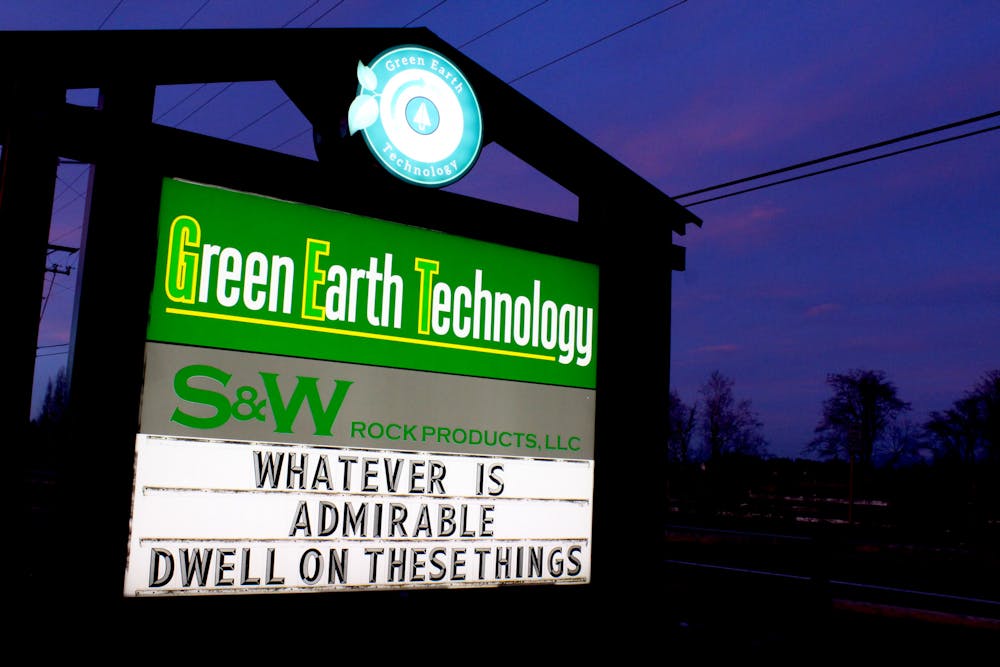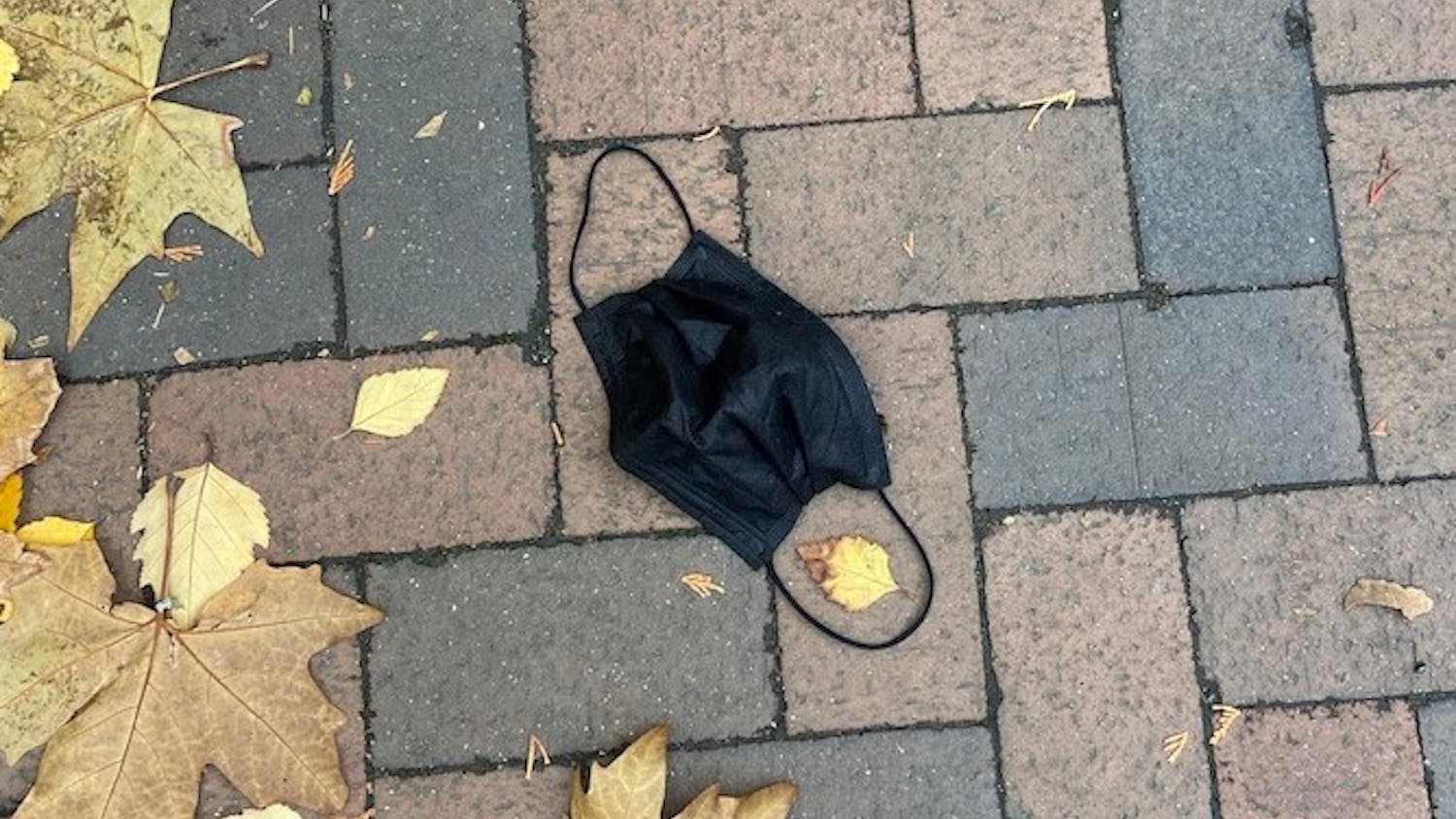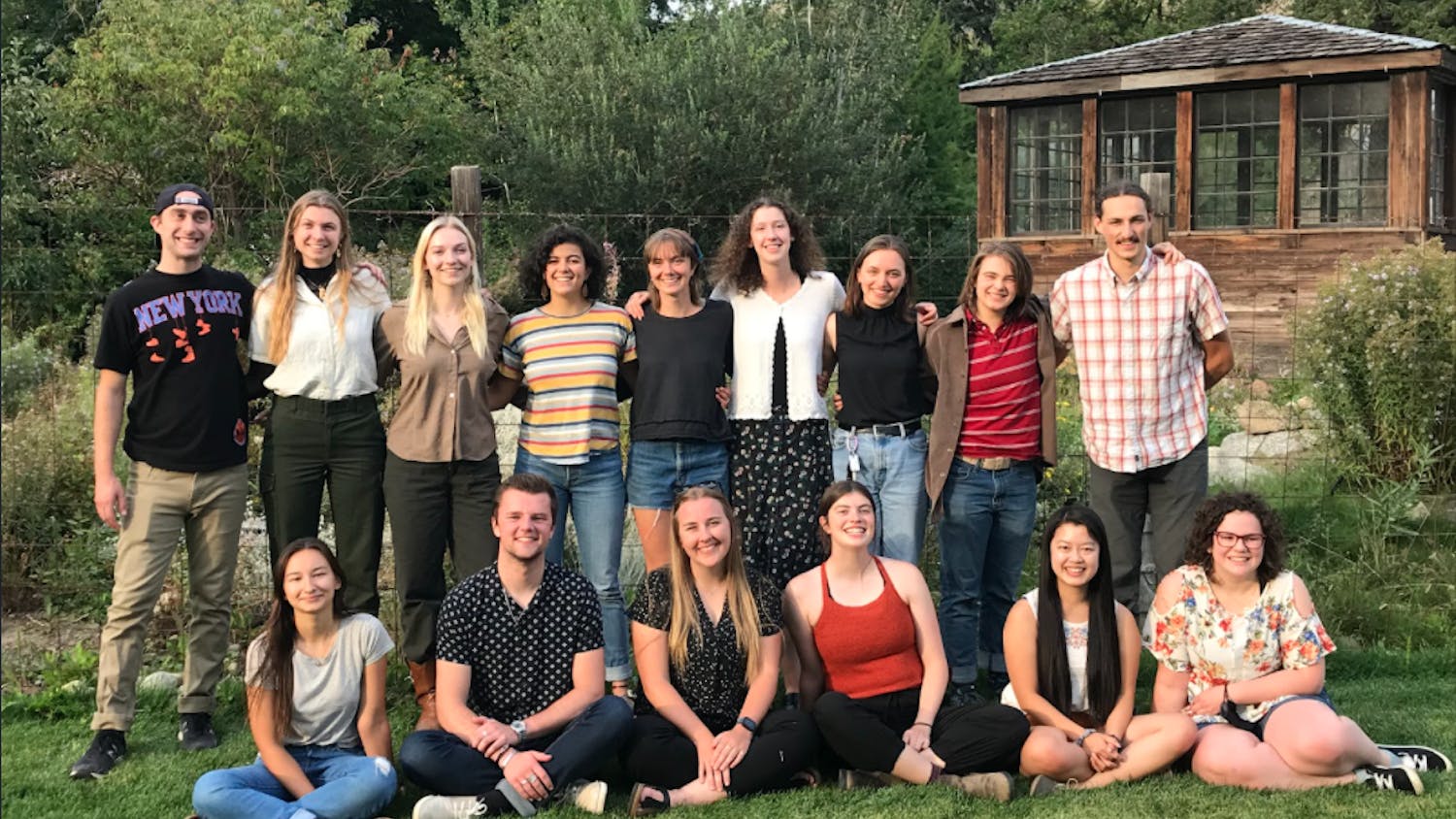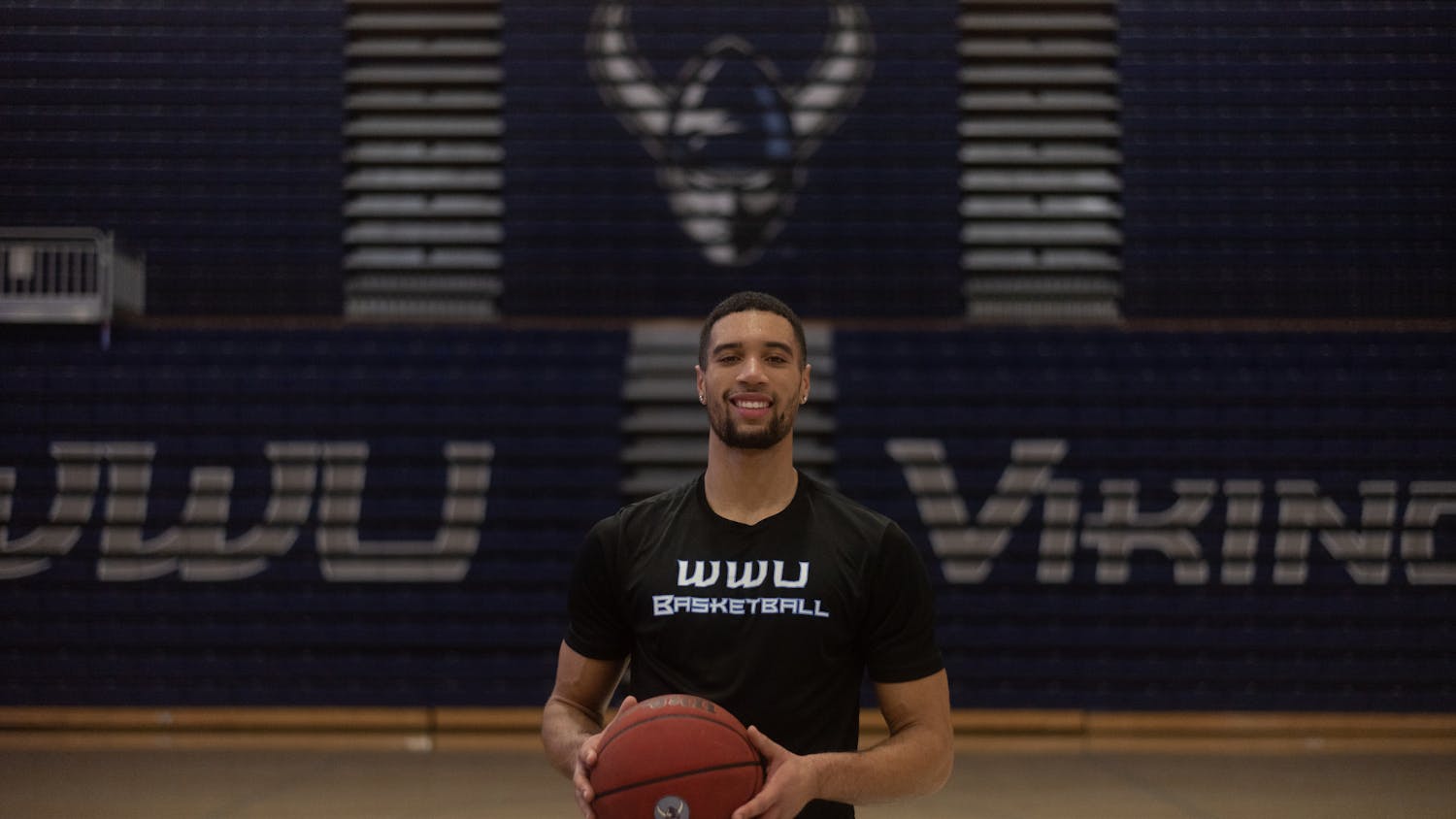It's not everyday you get to hang out with a bunch of worms, a fact that Western Washington University Fairhaven College fourth-year Emma Kolden was personally dissatisfied with.
After learning about vermiculture, composting via worms, from a middle school presentation, Kolden carried a passion for composting until attending college at Western. At that point, they were able to start a personal worm bin with some red wigglers received as a gift from their professor.
"I don't even have a garden this year, but I'm still composting because I feel empowered by it, and I don't like to see my food waste go into the garbage," Kolden said.

Many other residents in Bellingham, Blaine, Ferndale, Birch Bay and other unincorporated Whatcom locations who aren't as keen on keeping worms choose the FoodPlus! program through Sanitary Service Company.
FoodPlus! collects food waste from schools, homes and businesses and guides it through the compost cycle for the community to buy back as a nutritious garden additive, mulch or topsoil from Lyden's Green Earth Technology.
Rodd Pemble, recycling and safety manager at Sanitary Service Company said in an email that around 10,000 Whatcom residents participate in FoodPlus! collections.
Only specific food waste and compostable materials are usable by GET to make consumer soil nutrients.
Many items like to-go boxes and utensils are biodegradable, meaning they will break down… eventually. Organic compost can be ready to use as soon as six weeks, like at GET, or in 3-12 months, like standard household compost bins.
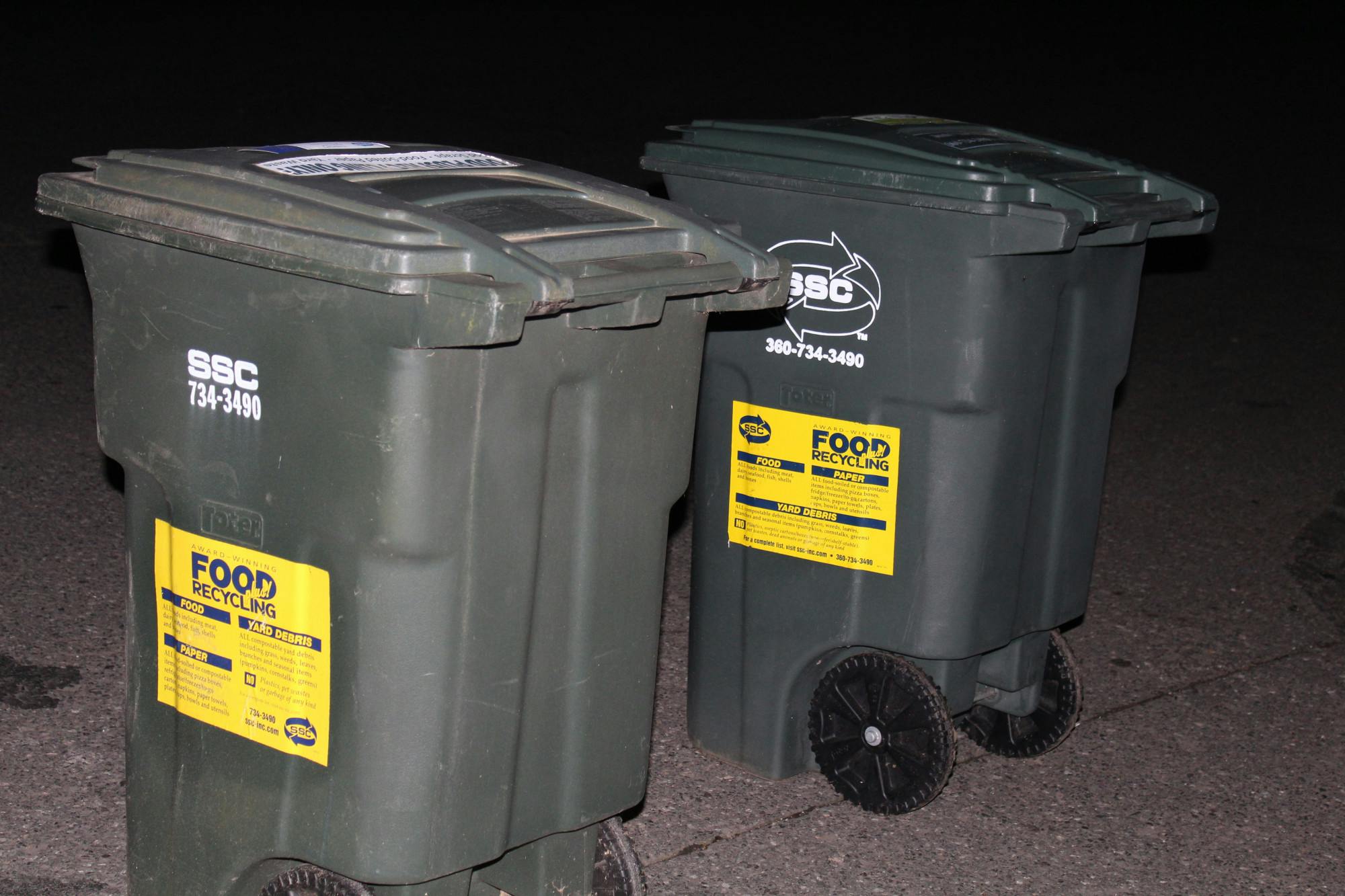
Master Composter/Recycler Instructor Beth Chisholm said that despite FoodPlus! not accepting biodegradables, many still make their way to Green Earth Technology, where they're sorted out from the truly compostable material.
"In the past, [Master Composter/Recycler Program] was just all the backyard composting and vermiculture, but now we definitely educate folks on how to use their FoodPlus bin properly, so that the materials aren't contaminated," Chisholm said.
Chisholm also said she believes the issue of biodegradables ending up in the green bins comes from people doing what they think is right without actually checking the guidelines for what is compostable vs. biodegradable.
"If you've got a banana peel and a pile of old mashed potatoes, or Asian food takeout, that stuff is gonna biodegrade much quicker than any of these poly plastic, biodegradable plastics," Chisholm said. "They don't break down, they have too much plastic."
One of the unique aspects of the program is that the food waste stays in the community, with compost donated and bought to be used throughout Whatcom to grow more organic material, the scraps of which can travel to GET to start the process again.
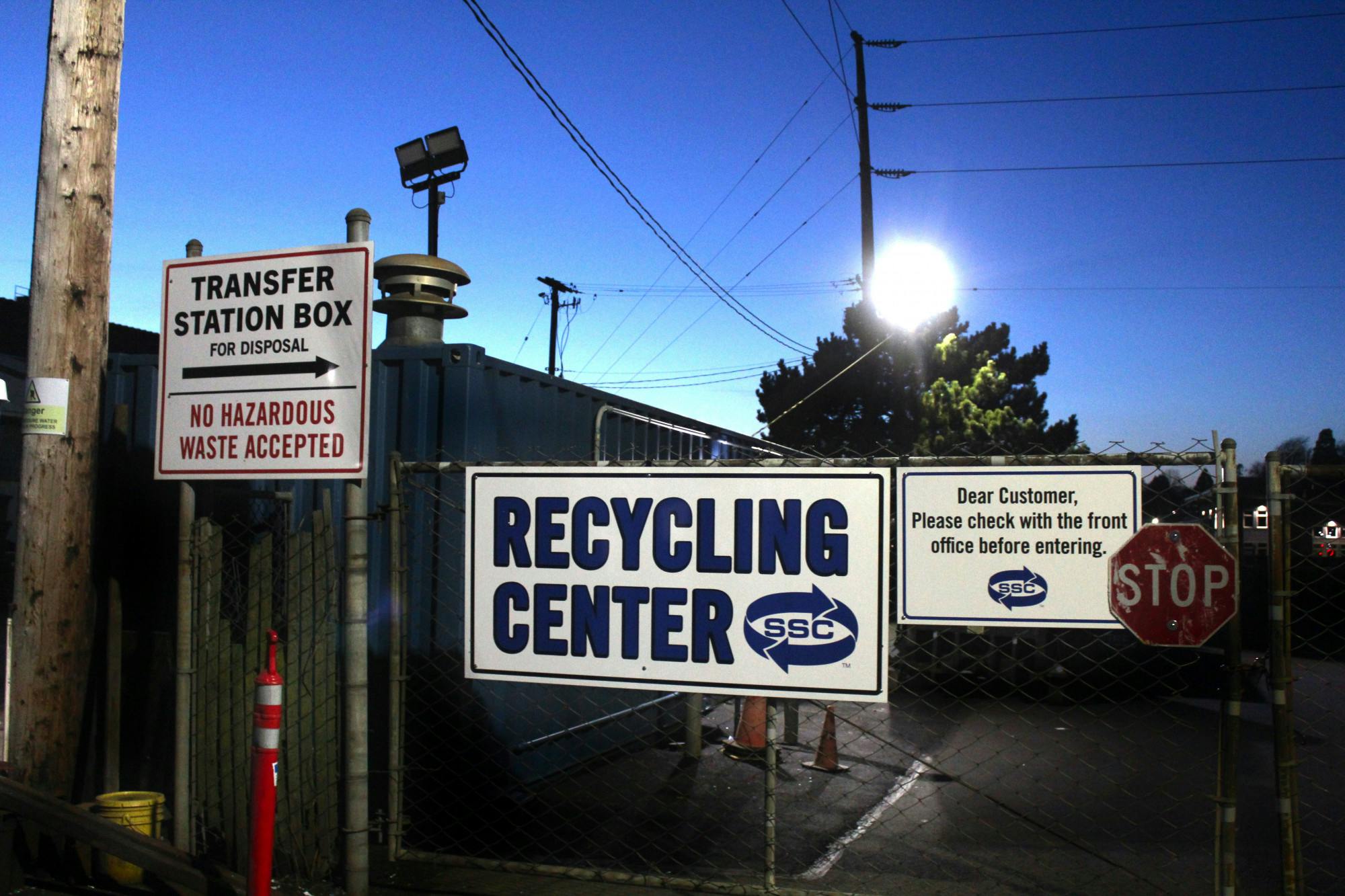
"Valuable material is processed and used locally, unlike all other collected materials," Pemble said.
Even non-gardeners can benefit from the compost cycle. Pemble said cutting down on overall waste lowers the cost of disposal.
It also prevents more waste from ending up in landfills, which contributes to climate change, among other environmental issues.
A year and a half later, Kolden's worms are going strong, living under their kitchen sink.
"It's taught me so much about the ecology of the creatures that live in the soil," they said.
Kolden will teach a Composting Methods class at Fairhaven College during spring 2022, and hopes to help her students troubleshoot their own composting projects and spread the love of participation in food systems.

Madisun Tobisch (she/her) is a third-year news/editorial major who has worked for The Front in some capacity since winter 2022. After all this time, her love of local news and celebrating the voices of her community keep her coming back for more. As returning managing editor this quarter, she hopes to further The Front's mission of keeping readers, both new and returning, informed and engaged. While not in the newsroom, Madisun can be found barista-ing, watching movies or trying to be creative.


